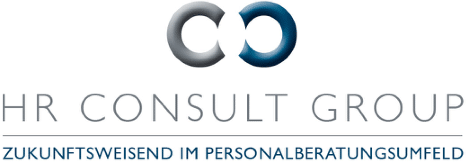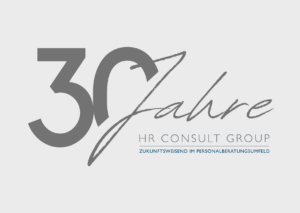The success of a company depends heavily on the quality of its employees, which is why the recruitment process is of crucial importance. However, recruitment mistakes can be costly and have a negative impact on company performance. In this blog article, we highlight some common recruiting mistakes and provide tips on how to avoid them.
1. unclear job descriptions
A common mistake in the recruitment process is writing unclear or misleading job descriptions. An accurate and detailed job description not only helps to attract the right candidates, but also sets clear expectations for the role.
How to avoid it: Make sure each job description includes precise duties, required qualifications and skills, and information about the company culture.
2. neglect of the employer brand
Employer brand is critical to attracting the best talent. A weak or non-existent employer brand can result in qualified candidates not applying.
How to avoid it: Invest in building and maintaining a strong employer brand that reflects your company's values and culture.
3. ignoring soft skills
While technical skills are important, soft skills such as the ability to work in a team, communication skills and adaptability are just as crucial to an employee's success.
How to avoid it: When selecting candidates, consider soft skills as well as hard skills. Use structured interviews and behavioral questions to get a holistic picture.
4. lack of diversity in the recruitment process
A lack of diversity in your recruitment team can lead to biased candidate selection and affect equality of opportunity.
How to avoid it: Make sure your recruitment team is diverse and brings in different perspectives.
5. recruitment process too slow
A slow or inefficient recruitment process can result in top candidates being lost as they may accept offers from other companies.
How to avoid it: Optimize your recruitment process to be fast and efficient. Use technology to speed up the process without sacrificing quality.
6. overvaluation of interviews
Although interviews are an important element of the recruitment process, they can sometimes be misleading if they are the sole basis for decision-making.
How to avoid it: Combine interviews with other assessment methods such as work samples, tests or reference checks to get a more comprehensive picture of the candidate.
Conclusion
By avoiding these common mistakes, companies can improve their recruitment process, attract the best talent and be successful in the long term. Clear communication, a strong employer brand, consideration of soft skills, diversity in the recruitment team, a fast recruitment process and a holistic assessment of candidates are key elements to be successful in the competition for talent.




